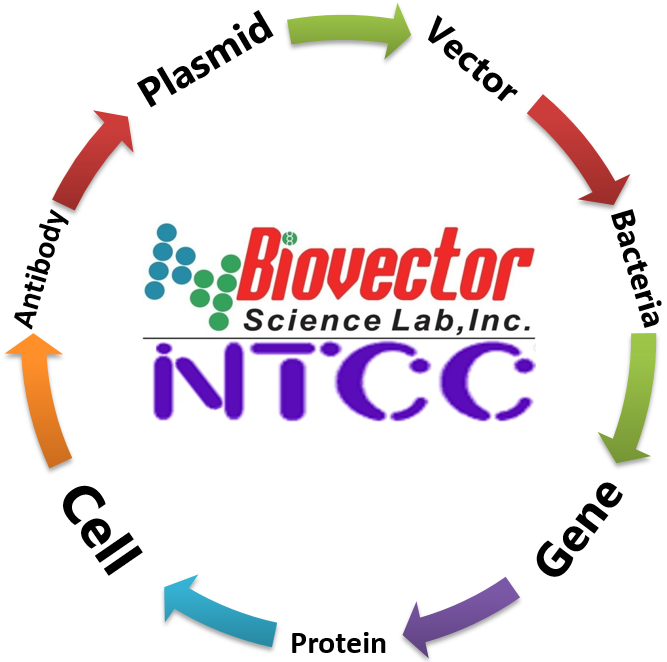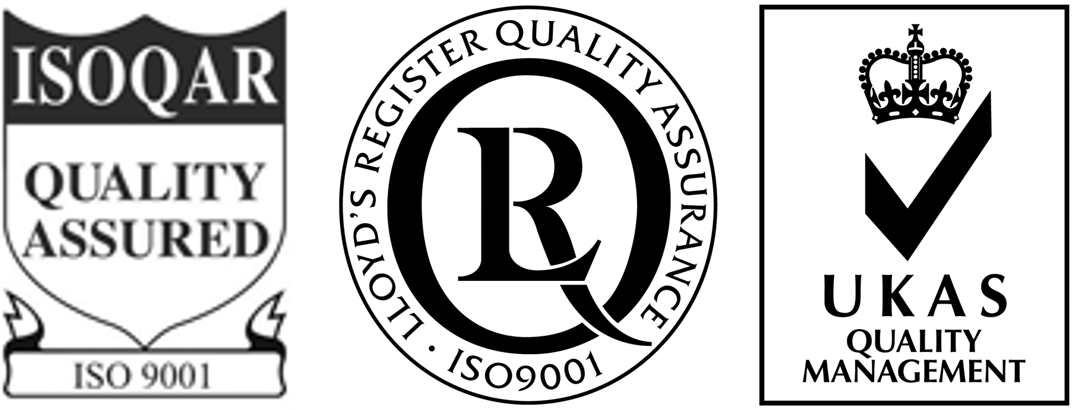MB2159 BioVector?大腸桿菌D-丙氨酸營養缺陷株E. coli MB2159 strain D-alanine auxotrophy -BioVector NTCC Inc.
- 價 格:¥99850
- 貨 號:BioVector?-MB2159
- 產 地:北京
- BioVector NTCC典型培養物保藏中心
- 聯系人:Dr.Xu, Biovector NTCC Inc.
電話:400-800-2947 工作QQ:1843439339 (微信同號)
郵件:Biovector@163.com
手機:18901268599
地址:北京
- 已注冊
The BioVector? E. coli MB2159 strain is a specific laboratory strain of Escherichia coli known for its D-alanine auxotrophy. This means it has mutations in both of its alanine racemase genes, alr and dadX, rendering it unable to synthesize D-alanine. As a result, MB2159 requires D-alanine in its growth medium to survive and grow.
Here's a breakdown of its characteristics, genotype, phenotype, and common applications:
Genotype and Phenotype:
Genotype: The key characteristic of MB2159 is its double mutation in the alr and dadX genes, which encode alanine racemases. These enzymes are crucial for converting L-alanine to D-alanine, which is a vital component of bacterial peptidoglycan cell walls.
Phenotype: Due to these genetic mutations, MB2159 exhibits a D-alanine auxotrophic phenotype. It cannot grow without an external supply of D-alanine. This auxotrophy is a key feature that makes it useful in various experiments.
Applications:
The D-alanine auxotrophy of E. coli MB2159 makes it a valuable tool in several research areas, particularly:
Screening for alanine racemase activity: MB2159 is effectively used as a host strain for screening for alanine racemase activity. Researchers can introduce genes suspected of encoding alanine racemases into MB2159. If the introduced gene expresses a functional alanine racemase, it will complement the auxotrophic defect, allowing MB2159 to grow without D-alanine supplementation. This facilitates the study and identification of new alanine racemase enzymes.
Antibiotic-free selection for plasmids: The D-alanine auxotrophy can be exploited for antibiotic-free selection. If a plasmid carries an intact gene that can complement the alanine racemase defect (e.g., dal from Bacillus subtilis), only cells transformed with this plasmid will survive and grow in media lacking D-alanine. This eliminates the need for antibiotic resistance markers, which can be advantageous for certain applications, especially in the food industry.
Food-grade selection marker development: The D-alanine auxotrophy strategy has been adapted for use in food-grade microorganisms, such as lactic acid bacteria, as a selection marker. This is important for developing genetically modified organisms for food applications where antibiotic resistance genes are undesirable.
Cloning experiments: MB2159 is commonly used as a cloning host in molecular biology experiments, especially when working with genes related to D-alanine metabolism or when antibiotic-free selection is desired.
Biosafety considerations: The strict dependence on D-alanine makes MB2159 an "attenuated" strain, meaning it is extremely unlikely to survive outside of a controlled laboratory environment. This is a significant biosafety advantage when constructing genetically modified organisms, as it reduces the risk of environmental escape.
BioVector NTCC質粒載體菌株細胞蛋白抗體基因保藏中心
www.biovector.net
- 公告/新聞




